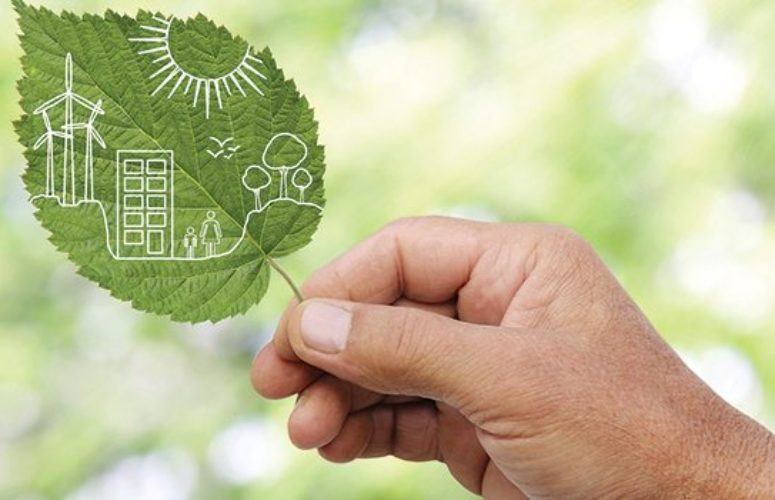
Merck Accelerates Climate Goals
Announces Carbon Neutrality in Operations by 2025
On Apr 26, 2021Kenilworth-based Merck announced ambitious goals to achieve carbon neutrality across its operations by 2025 (Scopes 1 & 2 emissions) and a 30% reduction in its value chain emissions by 2030 (Scope 3 emissions).
These goals are aligned with science and build on Merck’s long-standing focus on preventing the worst impacts of climate change and supporting the global effort to achieve the Paris Agreement goals by reducing demand for energy and minimizing greenhouse gas (GHG) emissions.
Merck will achieve carbon neutrality in its operations with ongoing innovation to increase efficiency and reduce carbon emissions, applying sustainable building standards and continuing to transition away from fossil fuel use. Remaining Scope 1 emissions will be offset each year with a portfolio of high-quality carbon credits, including carbon removals.
“Global efforts to combat climate change are essential to the health and sustainability of our planet,” said Robert Davis, president, Merck. “Our new climate action goals reflect our ongoing commitment to operating responsibly and will help us drive long-term sustainability for our business, society and for the patients and communities we serve.”
New Virtual Power Purchase Agreements Signed
Merck is also accelerating by 15 years its previous 2040 goal to source 100% renewable energy for its purchased electricity. Merck signed three new virtual power purchase agreements (VPPAs) for utility-scale energy projects based in Texas and Spain. These projects will address approximately 35% of Merck’s Scope 2 emissions by collectively adding 145 megawatts (MW) of solar and wind energy to the grid. Merck previously signed a U.S. wind VPPA in 2018, which has added 60 MW of new renewable energy capacity, while providing Merck with the associated renewable energy credits.
To achieve the 30% reduction in Scope 3 emissions by 2030, Merck will continue to engage with its suppliers to reduce their emissions, promote opportunities for suppliers to source renewable energy, and use existing procurement and supply chain processes to drive additional strategies to decrease emissions.
“At Merck, we are focused on adopting innovative ways to reduce emissions, in our own operations and across our entire value chain,” said Jennifer Zachary, executive vice president and general counsel, who is also responsible for the company’s global safety and environment function. “Our new VPPA agreements and ongoing engagement with suppliers reflect our responsible use of resources in every aspect of our work.”
Merck has a long-standing commitment to environmental sustainability. The new commitments expand on Merck’s most recent goals and priorities set in 2017 that focus on driving efficiency in its operations, designing new products to minimize environmental impact, and reducing the impacts in its value chain. To learn more about Merck’s Environmental, Social and Governance (ESG) efforts, visit Merck’s Corporate Responsibility Report.
To access more business news, visit NJB News Now.
Related Articles:





